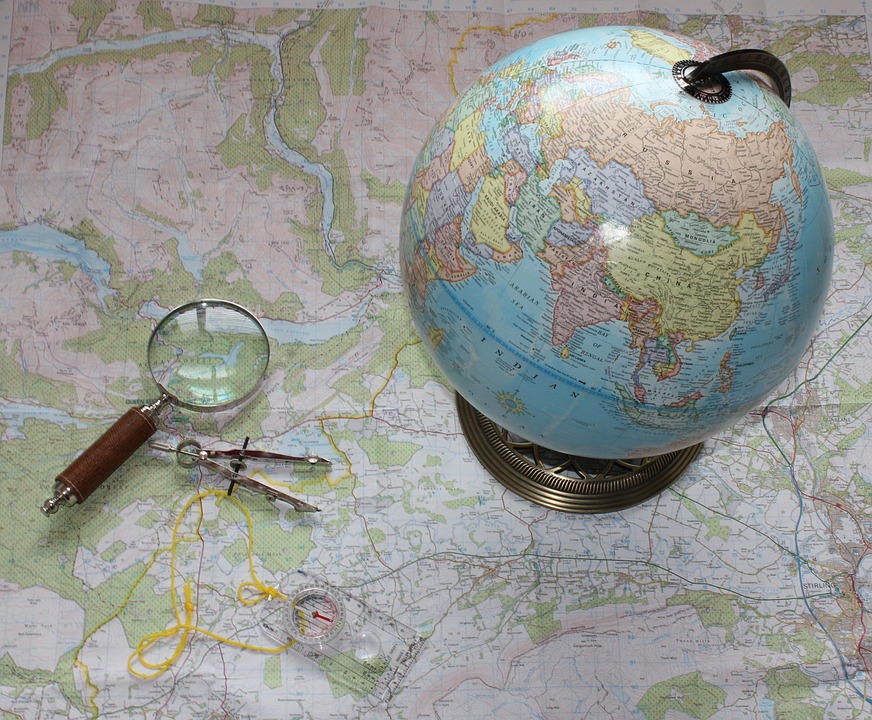Table of Contents
Introduction
Camping is a fantastic way to disconnect from the busy world and immerse yourself in nature.
Whether you’re a beginner or have some outdoor experience, these top camping tips will help you make the most of your adventure.
From choosing the right gear to embracing the unexpected, here’s everything you need to know to unleash your inner adventurer.
1. Plan and Prepare
Before heading out into the wilderness, it’s crucial to plan and prepare.
Research the location, check the weather forecast, and familiarize yourself with any regulations or permits required.
Make a checklist of all the essential camping gear you’ll need, including a tent, sleeping bag, cooking equipment, first aid kit, and appropriate clothing for the environment.
2. Choose Your Campsite Wisely
The success of your camping trip greatly relies on choosing the right campsite.
Look for an established campsite that offers amenities such as clean water, restrooms, and a designated fire pit.
Consider the terrain and nearby attractions when selecting a location.
Additionally, check if reservations are required, especially during peak seasons, to secure your spot.
3. Set Up Camp Efficiently
Once you’ve selected your campsite, it’s time to set up camp.
Start by pitching your tent on level ground, away from potential hazards like rocks or dead trees.
Assemble your camp kitchen area with a table for food preparation and a safe place to store food and garbage away from wildlife.
Organize your gear for easy access and create a comfortable sleeping area inside your tent.
4. Master Campfire Basics
A campfire can provide warmth, light, and a cozy atmosphere during your camping trip.
However, ensure you follow the campfire rules and safety guidelines.
Use designated fire pits whenever possible and keep the fire small.
Always keep a water source nearby to extinguish the flames.
Remember to thoroughly extinguish the fire before leaving the campsite or going to sleep.
5. Embrace Nature and Practice Leave No Trace
Respect and protect the environment by embracing the principles of Leave No Trace.
Pack out everything you pack in, dispose of waste properly, and leave the campsite as you found it.
Avoid damaging plants and trees, and be mindful of wildlife in the area.
Leave No Trace ensures that future generations can also enjoy the beauty of the outdoors.
6. Be Prepared for Unpredictable Weather
Nature can be unpredictable, so it’s essential to be prepared for changing weather conditions.
Pack appropriate clothing layers to stay warm or cool, depending on the climate.
Bring rain gear and tarps to protect against unexpected downpours.
Always carry a reliable map, compass, or GPS, and inform someone trustworthy about your camping plans, including your expected return date.
7. Embrace the Adventure
Camping is all about embracing the adventure and letting go of daily routines.
Disconnect from technology and immerse yourself in the natural surroundings.
Try new activities like hiking, fishing, or stargazing.
Explore the campsite’s surroundings and interact with fellow campers.
Remember to capture memories through photography but also take moments to simply enjoy the beauty and tranquility of the great outdoors.
FAQs
1. How do I choose the right tent?
When choosing a tent, consider your needs and the number of people accompanying you.
Look for features like waterproofing, ease of setup, and durability.
Research different types of tents, such as dome, cabin, or backpacking tents, and consider the weather conditions you’ll be camping in.
2. What should I pack for a camping trip?
Essential items to pack include a tent, sleeping bag, camping stove, cooking utensils, headlamp or flashlight, insect repellent, sunscreen, and a first aid kit.
Don’t forget to pack appropriate clothing, food, water, and a means of purifying water if necessary.
3. How do I stay safe from wildlife?
To stay safe from wildlife, keep your campsite clean and free of food scraps.
Store food in airtight containers or bear-resistant canisters, and hang trash and food out of animals’ reach.
Learn about wildlife in the area and how to safely interact with it.
Avoid approaching or feeding wild animals.
4. Can I go camping alone?
Camping alone can be a rewarding experience, but it requires additional preparation and precautions.
Choose well-traveled areas, inform someone about your plans, and be aware of your surroundings.
Take extra safety measures, such as carrying a whistle or personal locator beacon in case of emergencies.
5. How can I protect myself from insects?
To protect yourself from insects, use insect repellent containing DEET or another effective ingredient.
Wear long-sleeved shirts, long pants, and socks to minimize exposed skin.
Consider using a mosquito net around your sleeping area.
Check for ticks regularly and remove them promptly.




